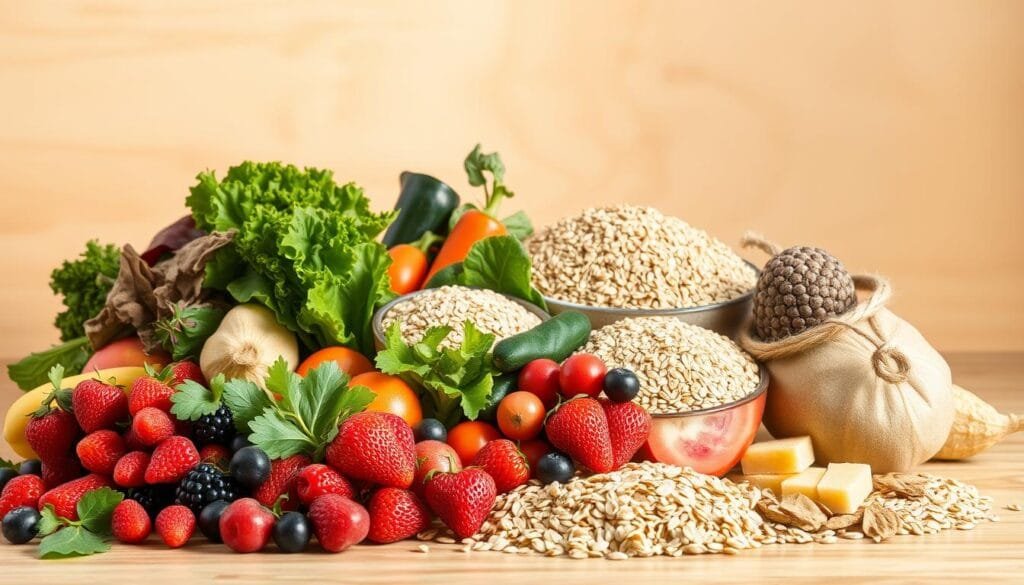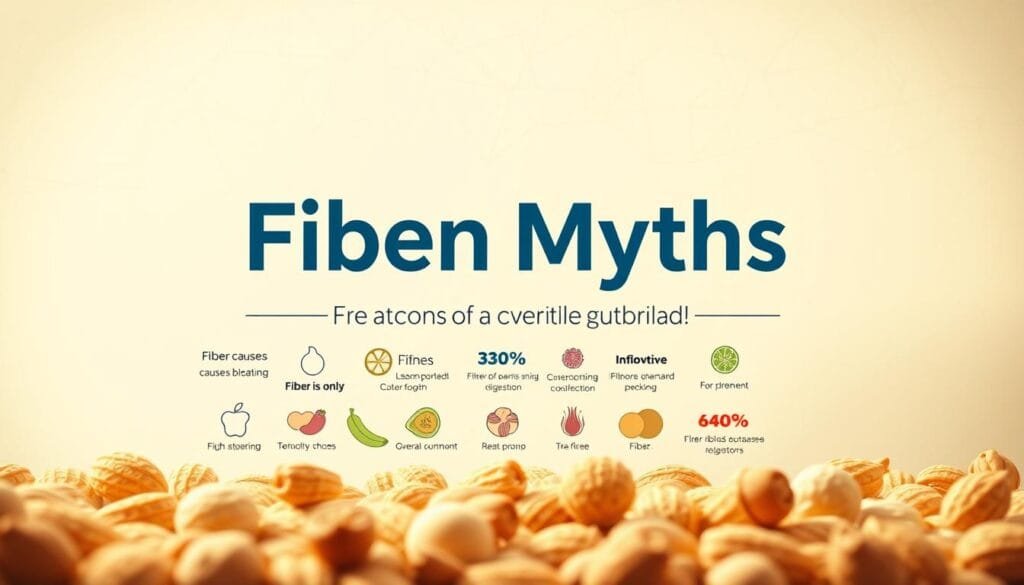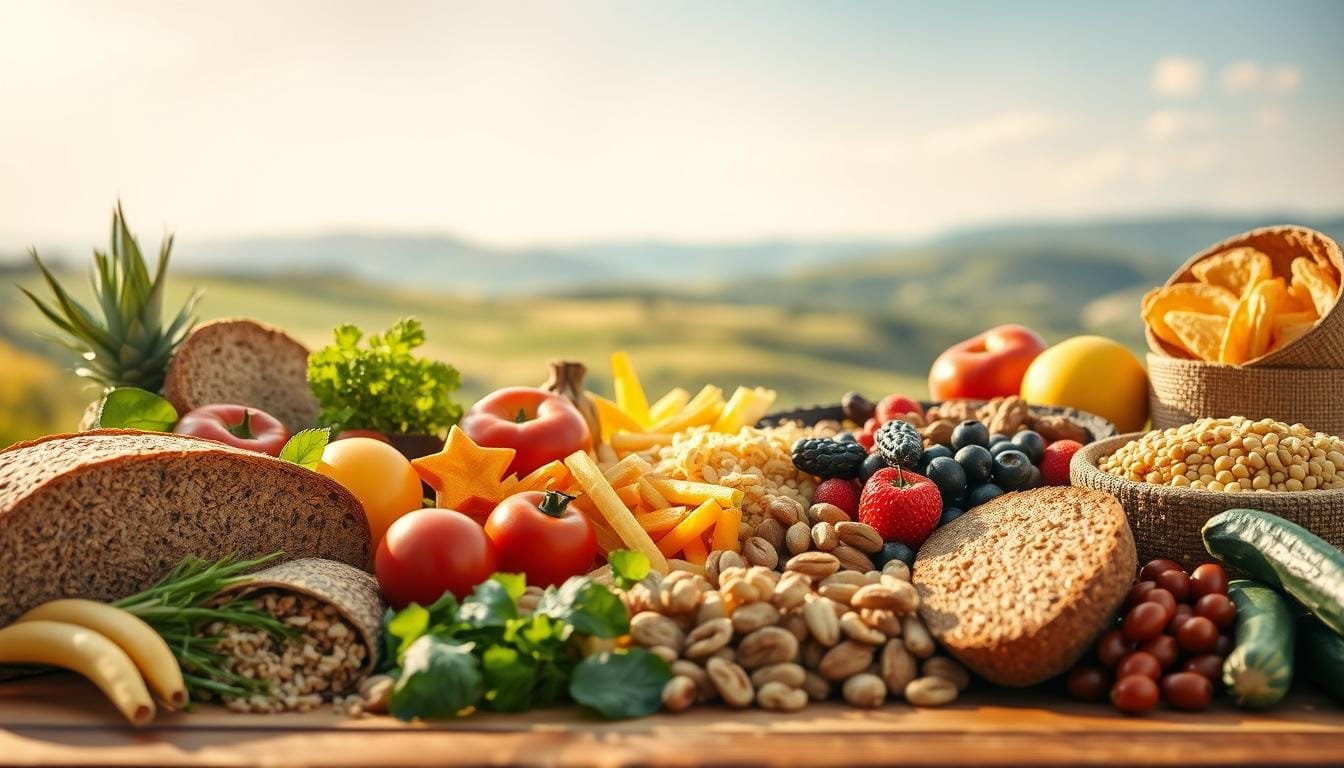Currently Empty: RM0.00
Colorectal health is gaining attention as cases rise globally. Studies from UCLA Health suggest a powerful connection between dietary habits and reduced risks. Could simple changes in daily meals make a difference?
Research highlights how certain foods support gut health and lower inflammation. A balanced microbiome plays a crucial role in overall wellness. Experts from MSK Cancer Center emphasize the importance of evidence-backed nutrition.
This article explores actionable steps to enhance well-being. Readers will discover science-backed strategies to improve their diet. The focus remains on practical, sustainable choices for long-term benefits.
Key Takeaways
- Rising colorectal cases may relate to dietary patterns.
- Gut health influences overall wellness significantly.
- Inflammation reduction is a key benefit of proper nutrition.
- Expert insights from UCLA and MSK guide recommendations.
- Small dietary adjustments can yield long-term health improvements.
Why Fiber Is Essential for Colon Cancer Prevention
Modern eating habits often neglect a crucial health ally. The digestive system relies on specific nutrients to function optimally. Research from UCLA Health shows how dietary choices shape gut resilience.
The Science Behind Fiber and Gut Health
Beneficial bacteria thrive when fed properly. These microbes produce short-chain fatty acids (SCFAs) like butyrate during fermentation. Butyrate reduces inflammation and strengthens intestinal walls.
Studies highlight the microbiome’s role in neutralizing toxins. A balanced gut environment supports immune function. Without enough fiber, harmful bacteria may dominate.
How Fiber Reduces Inflammation and Cancer Risk
Chronic inflammation is linked to cell damage. MSK Cancer Center found that SCFAs from fiber lower this risk. They also slow abnormal cell growth.
- Mechanical action: Fiber speeds waste elimination, reducing toxin exposure.
- Metabolic boost: Fermentation creates protective compounds.
- Diet contrast: Western diets lack fiber, unlike traditional high-fiber meals.
Nearly 90% of adults fall short of daily fiber needs, per CDC data. Small changes, like adding whole grains, can bridge this gap.
How Fiber Reduces Colon Cancer Risk
Scientists are uncovering powerful connections between diet and digestive well-being. What we eat doesn’t just fuel our bodies—it shapes our internal defenses. Studies show that certain nutrients work like a cleanup crew for the gut.
The Gut’s Natural Defense System
Dietary fiber acts like a street sweeper, moving waste through the digestive tract faster. This reduces contact time between harmful substances and the intestinal lining. MSK Cancer Center found that 25 grams daily lowers risk colorectal by 40%.
Fermentation of fiber produces butyrate, a compound that triggers abnormal cell death. Butyrate also strengthens the gut barrier, blocking toxins. UCLA research notes a 1% drop in cancer risk for every 10-gram increase in intake.
Obesity, Fiber, and Long-Term Protection
High-fiber diets help manage weight, another factor in colon cancer development. Whole grains and legumes keep you full longer, reducing overeating. Ongoing studies at MSK explore how bacterial balance influences these effects.
- Dose matters: Aim for 25–30 grams of dietary fiber daily for optimal protection.
- Food contrast: Processed meals lack fiber, unlike traditional plant-based diets.
- Microbiome boost: A diverse gut flora fights inflammation more effectively.
Types of Dietary Fiber and Their Benefits
Not all fiber works the same way—understanding the types can unlock better digestive health. Soluble and insoluble varieties serve unique roles, each supporting wellness in distinct ways. Choosing the right mix can optimize gut function and overall vitality.
Soluble Fiber: Roles and Food Sources
Soluble fiber dissolves in water, forming a gel that slows digestion. This helps regulate blood sugar and lowers LDL cholesterol. UCLA studies highlight oats, apples, and beans as top sources.
Benefits include:
- Cholesterol management: Binds to bile acids, flushing them from the body.
- Gut harmony: Feeds beneficial bacteria, reducing diarrhea and constipation.
- Steady energy: Slows glucose absorption for balanced blood sugar.
Insoluble Fiber: Roles and Food Sources
Insoluble fiber adds bulk to stool, speeding its passage through the intestines. Wheat bran, nuts, and vegetable skins are rich in this type. It’s nature’s broom for the digestive tract.
Key advantages:
- Waste removal: Reduces toxin exposure by shortening transit time.
- Microbiome diversity: Supports a wider range of gut bacteria.
- Resistant starch: A third type found in cooled potatoes and green bananas, offering dual benefits.
Pairing both types—like whole grain toast with avocado—creates a synergistic effect for long-term health.
Top Fiber-Rich Foods to Include in Your Diet
Smart food choices can transform gut health while keeping meals exciting. From crunchy snacks to hearty mains, nutrient-packed options abound. Experts at MSK Cancer Center and UCLA Health recommend these powerhouse picks.

Whole Grains and Legumes
Black beans deliver 15 grams per cup—half the daily goal. Pair them with brown rice, a Malaysian staple, for a complete meal. Lentils and chickpeas are versatile alternatives.
Budget-friendly upgrades:
- Quinoa over white rice: 5g per cooked cup.
- Kacang hijau: Local mung beans pack 15g per 100g.
- Oats: Start the day with 4g per serving.
Fruits, Vegetables, Nuts, and Seeds
Snack on roasted pumpkin seeds (5g/oz) or flaxseed smoothies. UCLA suggests guava (9g/fruit) and banana stems in soups for extra crunch.
“Chia pudding with local fruits makes a satisfying dessert.”
Avoid processed traps like “high-fiber” crackers—often loaded with additives. Instead, choose:
- Nuts: Almonds (3.5g/oz) with dried figs.
- Vegetables: Jicama or spinach in salads.
- Fruits: Berries with yogurt for a probiotic boost.
Practical Tips to Increase Your Fiber Intake
Boosting nutrient intake doesn’t require drastic diet overhauls. Experts from UCLA Health recommend adding just 2-3 grams of dietary fiber every three days. This gradual way helps the gut adjust while minimizing discomfort.
Easy Meal and Snack Ideas
Start mornings with whole-grain toast topped with almond butter. MSK Cancer Center suggests this simple swap doubles fiber intake at breakfast. For snacks, try roasted chickpeas or sliced jicama with lime.
A 7-day ramp-up plan might include:
- Day 1-3: Overnight oats with chia seeds
- Day 4-6: Brown rice with stir-fried greens
- Day 7: Lentil soup with whole-grain roti
Gradual Adjustments to Avoid Discomfort
Hydration is key—drink one glass of water per 5 grams of fiber. Soaking beans overnight reduces gas, a common concern in Malaysian diets. Steaming vegetables preserves more nutrients than boiling.
Tracking apps like MyFitnessPal help people monitor progress. Remember, consistency over time yields the best results for digestive wellness.
Common Myths About Fiber Debunked
Misinformation about nutrition often clouds the truth about digestive wellness. While fiber is vital, misconceptions can lead to ineffective or even harmful habits. Let’s clarify the facts with insights from UCLA Health and MSK Cancer Center.

Myth 1: “All Fiber Is Equal”
Not all types work the same way. Soluble fiber (like oats) forms a gel to slow digestion, while insoluble (like wheat bran) speeds waste removal. Research shows viscosity matters—some varieties reduce cancer risk more effectively.
Myth 2: “Juicing Preserves All Fiber Benefits”
Juices often strip insoluble fiber, leaving only sugars and soluble bits. Whole fruits like guava or kacang hijau retain both types, supporting a balanced system.
Myth 3: “More Fiber Is Always Better”
UCLA warns exceeding 70g daily may block nutrient absorption. Gradual increases prevent bloating. For IBS patients, individualized plans are key—some thrive on low-FODMAP options.
- Chemo misconception: Some believe fiber harms during treatment, but MSK confirms it aids recovery unless doctors advise otherwise.
- Psyllium warning: Overusing supplements can disrupt digestion—whole foods like lentils are safer long-term.
Small, informed adjustments beat extreme changes. Pairing whole grains with hydration maximizes benefits without risk.
About Wellness Concept
Wellness isn’t one-size-fits-all—it thrives on tailored support. The Wellness Concept team partners with nutritionists trained at UCLA and MSK Cancer Center. Their expertise ensures science-backed plans for lasting health.
Expert Guidance for Your Health Journey
Personalized fiber planning adapts to dietary preferences and goals. Services include:
- Custom meal plans aligned with gut health research.
- WhatsApp consultations for real-time adjustments.
- Weekend slots for working professionals.
Contact Us
Reach out via WhatsApp +60123822655 for quick responses. A free fiber guide is available upon inquiry.
Business Hours
Available days and hours:
| Day | Hours |
|---|---|
| Mon-Fri | 9:30 am–6:30 pm |
| Sat-Sun | 10 am–5 pm |
Conclusion
Science reveals how simple food choices build stronger internal defenses. Short-chain fatty acids, a balanced microbiome, and reduced inflammation work together to lower cancer risks. Gradual fiber increases, like adding lentils or oats, prove more effective than extreme diet shifts.
Measurable daily goals—25–30 grams of fiber—support long-term prevention. For personalized plans, Wellness Concept offers expert guidance tailored to Malaysian lifestyles.
Start small. A smart diet today can transform tomorrow’s health. Reach out to begin your journey.
FAQ
How does dietary fiber help lower the risk of colorectal cancer?
It promotes healthy digestion, increases stool bulk, and produces short-chain fatty acids like butyrate, which support gut health and reduce inflammation.
What are the best sources of fiber for cancer prevention?
Whole grains, legumes, fruits, vegetables, nuts, and seeds are excellent choices. These foods provide both soluble and insoluble types for optimal benefits.
How much fiber should someone eat daily to reduce cancer risk?
Experts recommend 25–30 grams per day for adults. Gradually increasing intake helps avoid bloating while maximizing protective effects.
Can fiber intake affect gut bacteria in ways that prevent cancer?
Yes! A high-fiber diet feeds beneficial gut microbes, which produce compounds that strengthen the immune system and protect colon cells.
Are there risks to eating too much fiber?
Overconsumption may cause digestive discomfort. Balance is key—pair fiber-rich foods with plenty of water and adjust portions based on tolerance.
Does fiber only benefit colon health, or are there other advantages?
Beyond lowering colorectal cancer risk, it aids weight management, stabilizes blood sugar, and supports heart health by reducing cholesterol levels.
How quickly can dietary changes impact cancer risk?
While long-term habits matter most, positive shifts in gut health and metabolism can begin within weeks of increasing fiber intake.
Where can I get personalized advice on fiber and cancer prevention?
Wellness Concept offers expert guidance. Contact them via WhatsApp at +60123822655 (Mon–Fri 9:30 AM–6:30 PM, Sat–Sun 10 AM–5 PM).



